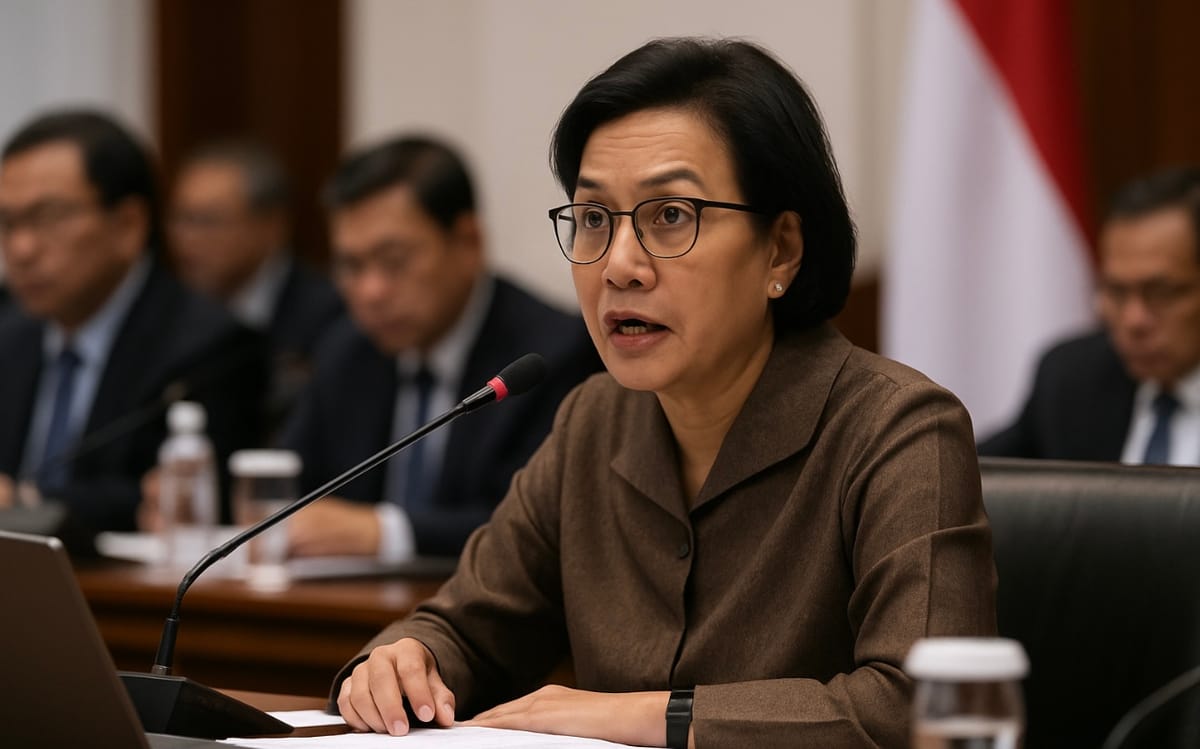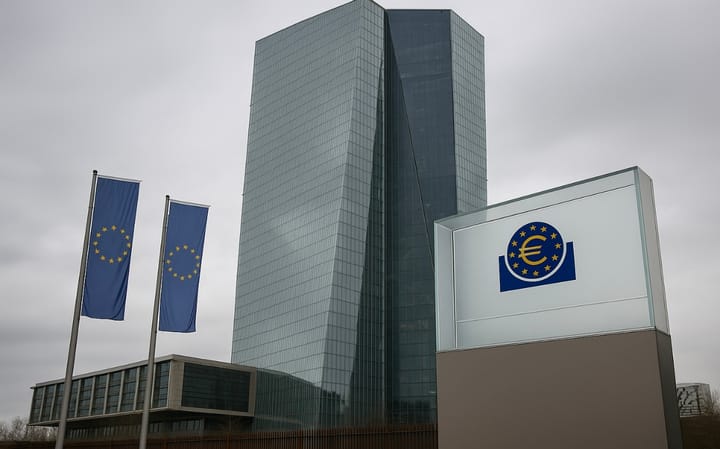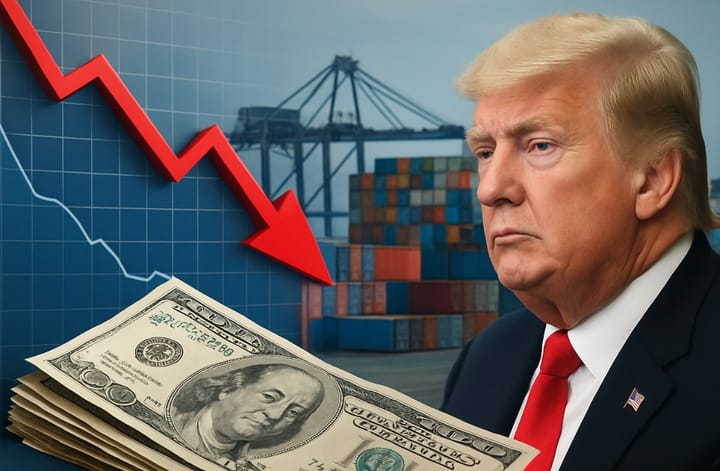Government Cancels 50% Electricity Discount, Here’s the Impact on Society
The government has officially canceled the 50% electricity tariff discount. Find out the reasons, impacts, and alternative solutions prepared for Indonesian society.

The Indonesian government has surprised the public by canceling the planned 50% electricity tariff discount, which was initially promised for June to July 2025. This decision was made following a closed cabinet meeting with President Prabowo Subianto and relevant ministers and was officially announced by Finance Minister Sri Mulyani Indrawati on June 2, 2025. Various speculations have emerged, ranging from data readiness issues to national budget dynamics.
Reasons Behind the Cancellation of the 50% Electricity Discount
Initially, the 50% electricity tariff discount was designed to ease the economic burden of 79.3 million household customers, especially those using electricity below 1,300 VA. However, this highly populist program was canceled due to delays in the state budgeting process. The government admitted that the distribution mechanism and recipient data verification could not be fulfilled in a short time.
Finance Minister Sri Mulyani stated, “The budgeting process is slower than estimated, making it impossible to realize the 50% electricity discount within the set timeframe.” This statement confirms the government’s intention to avoid the risk of mistargeted social assistance distribution.
Redirecting Budget to Wage Subsidy Assistance
As a solution, the government redirected the electricity discount budget to Wage Subsidy Assistance (BSU), which is more administratively ready. The BSU targets 17.3 million workers earning below IDR 3.5 million per month, including 565 thousand honorary teachers. Each recipient will receive IDR 300,000 per month for two months (June–July 2025), making a total of IDR 600,000 per person. The recipient data verification process is carried out by BPJS Ketenagakerjaan to ensure the assistance reaches the right targets.
Moreover, the government aims to maintain the purchasing power of vulnerable workers affected by rising basic needs and living costs. This effort is expected to prevent a slowdown in household consumption, which could pressure the country’s economic growth.
Five Economic Stimulus Packages for June–July 2025
Despite the cancellation of the electricity discount, the government has rolled out five economic stimulus programs with a total allocation of IDR 24.44 trillion. Here are the details:
- Transportation DiscountsThe public can enjoy discounts of up to 30% on train tickets, a 6% discount on plane tickets through the government’s VAT-borne scheme, and a 50% discount on ferry tickets. This policy targets the school holiday and Eid al-Adha periods to encourage national mobility.
- Toll Fee DiscountsThere is a 20% discount on toll fees for around 110 million users. This incentive is expected to facilitate homecoming and return traffic while reducing national logistics costs.
- Additional Social Assistance (Bansos)The government is adding IDR 200,000 per month in social assistance for two months to 18.3 million Kartu Sembako recipients, plus 10 kg of free rice per month. This support serves as the main social cushion amid food inflation.
- Wage Subsidy Assistance (BSU)Targeted at formal and informal sector workers earning below IDR 3.5 million, this program disburses direct cash assistance to verified recipients.
- Occupational Accident Insurance (JKK) Contribution DiscountA 50% discount for six months is given to workers in labor-intensive sectors, easing the burden on small and medium enterprises.
Impact and Public Response
The cancellation of the 50% electricity discount has sparked both pros and cons in society. Many are disappointed, especially the lower economic groups who expected relief from high electricity costs amid rising prices for basic goods. However, the government assures that the five stimulus packages presented will safeguard purchasing power, particularly as social assistance and wage subsidies are allocated directly to vulnerable groups.
Economists from several universities recommend that the government accelerate the digitalization of beneficiary data to minimize future polemics. In addition, monitoring the distribution of social assistance and wage subsidies must be strengthened to ensure the stimulus truly reaches the rightful recipients.





Comments ()